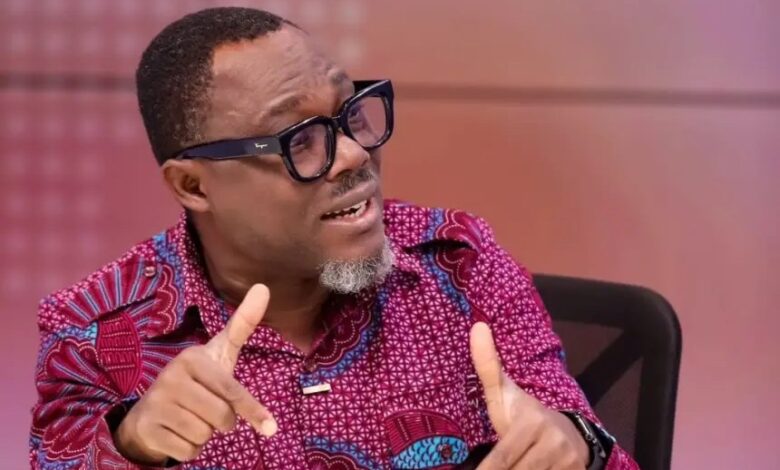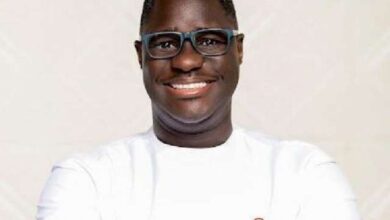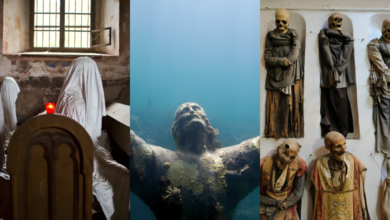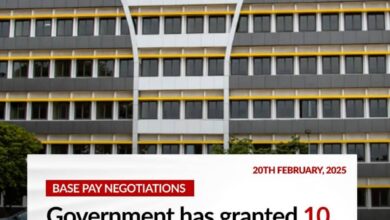Gyampo breaks silence on political allegiances and academic integrity

Political science lecturer and Chief Executive of the Ghana Shippers’ Authority, Professor Ransford Gyampo, shared the motivations behind his new public role, addressed longstanding perceptions of political bias, and discussed how academic insight can inform governance without compromising neutrality.
Responding to suggestions that his critical stance on previous governments signaled political alignment, Gyampo was emphatic that his commentary has always stemmed from a commitment to accountability, not partisanship.
In a revealing interview with journalist Bernard Avle on Channel One TV monitored by MyNewsGh, he recalled how his criticisms of President Mahama ahead of the 2016 elections were viewed as harsh, yet rooted in principle.
“When I was criticizing President Mahama in the lead-up to the 2016 elections, nobody said his performance pushed me into becoming an MP,” he said. “I was doing my work as a political scientist… to subject regimes or the government of the day to strict proof.
“So that was all I was seeking to do. It had nothing to do with party.” He reiterated that his role as a political scientist is to call out wrongs in governance, regardless of the ruling party, adding, “It was just looking at the face of the one who was governing to say this is right, this is wrong.”
Despite his current executive responsibilities, Prof. Gyampo remains deeply connected to his teaching vocation. He stressed that accepting a public role has not ended his academic career, stating, “I’ve never stopped teaching, and I will not stop teaching till I die.”
“Still based on campus and officially on secondment, not sabbatical, he continues to offer political science lectures—often free of charge.
He finds that real-world governance has enriched his teaching, as his lessons are now grounded in lived examples, giving students a practical understanding of politics and administration.
“Teaching is always littered with so many practical examples of what I’ve gone to see. It enriches the academic environment,” he said.





